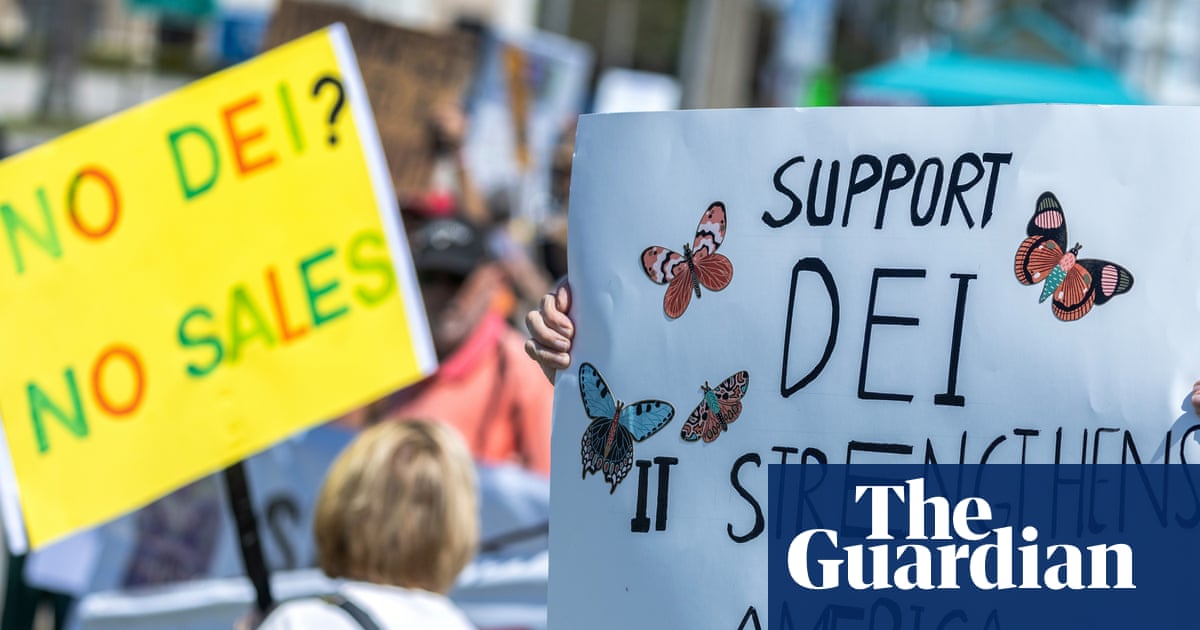A Honda sedan moves down the assembly line on Jan. 28, 2025 at the automaker’s assembly plant in Marysville, Ohio.
Michael Wayland / CNBC
Global automakers are once again bracing for production disruptions due to a potential shortage of automotive semiconductor chips, this time sparked by the Dutch government amid geopolitical tensions between the U.S. and China.
Honda Motor became the first known automaker this week to reduce production due to the problem that involves chips from Netherlands supplier Nexperia, which is owned by Chinese company Wingtech Technology Co.
The industry was hopeful that a meeting this week between President Donald Trump and Chinese leader Xi Jinping in Asia would provide some relief, but no resolution on the chips issue has been announced.
Volkswagen on Thursday reportedly said it has until at least next week before its supplies impact production, while other major automakers have said they are monitoring the situation around the clock, attempting to mitigate disruptions.
“The chip situation from Nexperia, we have a cross-functional ‘war room’ in the building where I’m sitting that has this as [a] primary job,” Stellantis CEO Antonio Filosa told investors during a quarterly call Thursday. “And every day we are pushing actions and projects to extend our period. There is a day-by-day management of what is an industry-wide global issue.”
U.S. President Donald Trump and Chinese President Xi Jinping shake hands as they depart following a bilateral meeting at Gimhae Air Base on October 30, 2025 in Busan, South Korea.
Andrew Harnik | Getty Images
Such “war rooms” have become a regular practice in the automotive industry amid supply chain disruptions, which have become more common since the Covid pandemic rattled production and deliveries of many parts, including chips, starting in 2020.
Several automotive industry insiders confirmed to CNBC that war rooms have been established in their companies, as they look into alternative purchasing methods. They included working with major suppliers in an attempt to find alternative sources as well as buying on the open market.
“Suppliers across the motor vehicle industry are working to understand the potential effects on production and supply continuity,” MEMA, the largest vehicle supplier association in the U.S., said in an emailed statement. “Chips and diodes are foundational to automotive components and systems, from infotainment systems to door handles, to steering and braking. Even the absence of a single diode or chip can disrupt the manufacture of vehicles.”
Nexperia
The situation involving Nexperia began late last month, when the Dutch government took control of the company, in what was seen as a highly unusual move, reportedly after the U.S. raised security concerns.
In making the decision, the Dutch government cited fears that tech from the company — which specializes in the high-volume production of chips used in automotive, consumer electronics and other industries — “would become unavailable in an emergency.”
China responded by blocking exports of the firm’s finished products, sparking alarm in Europe’s auto industry.
German automakers are especially sensitive to Nexperia-related disruptions because they rely heavily on large, domestic suppliers, known as “Tier 1s,” and local production facilities and companies, such as Nexperia, despite much of its manufacturing moving to China.
The European Automobile Manufacturers’ Association said this week that carmakers were close to closing production lines because of the chip shortage, which comes four years after a shortage of such parts amid the coronavirus pandemic.
A close-up view of the Nexperia plant sign in Newport, Wales on April 1, 2022.
Matthew Horwood | Getty Images News | Getty Images
“This means assembly line stoppages might only be days away. We urge all involved to redouble their efforts to find a diplomatic way out of this critical situation,” ACEA Director General Sigrid de Vries said in a statement.
The chips affected are legacy semiconductors used in basic vehicle functions such as windshield wipers and window controls — parts that lack sufficient alternative sources, according to S&P Global Mobility.
A Nexperia spokesman referred to a previous statement from the company, which summarized the ongoing situation and said it is seeking an exemption from the export restrictions and working to mitigate the impacts of the decision.
Wingtech did not immediately responded for comment Thursday via email. The company earlier this week described the situation to The Wall Street Journal as “an existential threat [to Nexperian] because of the reckless actions of the Dutch government.”
Fluid situation
Honda’s production cuts impacts include all of its main North American plants, including large vehicle assembly and supporting facilities across the U.S., Canada and Mexico.
“We are currently managing an industrywide semiconductor supply chain issue, making strategic adjustments to production as necessary to carefully manage the available supply of parts and meet the needs of our customers,” Honda said Thursday in an emailed statement, calling it a “fluid” situation.
The impacts are expected to continue to spread to other automakers if a resolution is not found.
Ford Motor CEO Jim Farley last week said the chip problem was at the forefront of conversations when he made a trip to Washington, D.C, earlier this month. He called it a “political issue,” saying the company is working with the U.S. and China administrations to resolve it.
“It’s an industrywide issue. A quick breakthrough is really necessary to avoid fourth-quarter production losses for the entire industry,” said Farley, adding that automakers have gotten “really good” at maximizing component purchases such as chips following the crisis in 2021.
General Motors CEO Mary Barra made similar comments last week, calling it an “industry issue” that will hopefully be resolved soon.
“While this has the potential to impact production, we have teams working around the clock with our supply chain partners to minimize possible disruptions. The situation is very fluid and we will provide updates throughout the quarter as appropriate,” she said during the company’s quarterly earnings call.
Other automotive executives from Volvo, Mercedes-Benz and more have also shared similar thoughts with investors and the media.
“This is a politically induced situation … which means that the solution to this, or the resolution to this, resides in the political space, primarily between the United States and China, in this case, with Europe kind of caught in the middle,” Mercedes-Benz CEO Ola Källenius said Wednesday during an earnings call.










